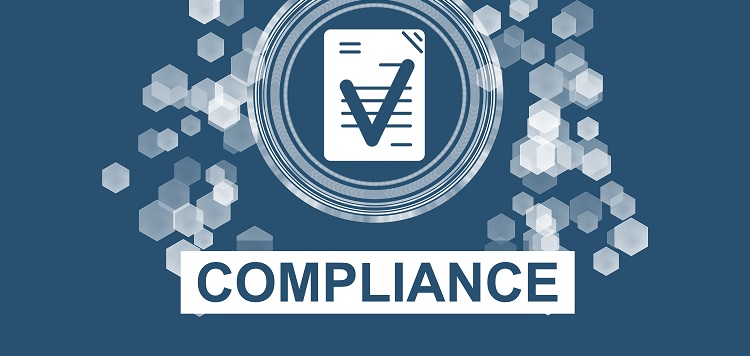Human Resources (HR) compliance is crucial for every business. The term HR compliance refers to the company’s adherence to legal regulations regarding employee treatment. It’s an effort to maintain continuous compliance related to federal, state, and city laws and regulations governing employment. It’s important for the company to prioritize HR compliance to avoid legal disputes, improve workplace morale, and increase efficiency.
Benefits of Maintaining HR Compliance
A. Prevention of Legal Disputes
The company’s failure to abide by legal regulations might result in legal disputes, which significantly impact the company’s reputation and finances. Maintaining HR compliance ensures that the company takes all necessary measures to prevent legal disputes.
B. Improvement of Workplace Morale
HR compliance plays a significant role in enhancing the overall morale of the workplace. When employees feel safe, respected, and valued, they are more productive, engaged, and loyal towards the company.
C. Increase in Business Efficiency
When the company ensures HR compliance, it streamlines the internal business processes by reducing disruptions.
Updating Employee Handbook
The employee handbook is a living document that serves as a guide for employees to understand their rights and responsibilities within the organization. It is recommended to keep the handbook up-to-date to ensure that employees are aware of the latest policies and guidelines related to HR compliance. The following are some tips for updating the employee handbook:
The Importance of Keeping the Handbook Up-to-Date
Keeping the handbook up-to-date ensures that employees have access to the latest policies and guidelines. It also ensures compliance with the latest legal regulations.
How to Update the Handbook
The company should update the handbook periodically to ensure that it is compliant with the latest regulations. The company can hire a professional to update the handbook or rely on its internal HR team for the task.
Paying Employees on Last Day
The company must comply with legal requirements related to paying employees on their last day. Failing to do so could result in penalties and legal disputes. Here are some tips to ensure compliance with payment laws:
Explanation of why Paying Employees on Their Last Day is Important
Paying employees on their last day gives them a sense of dignity and respect, which in turn ensures high morale and loyalty towards the company.
How to Ensure Compliance with Payment Laws
The company should keep accurate records of employees’ payments, including compensation and bonuses.
Risks of Noncompliance
Non-compliant businesses run the risk of significant penalties, fees, and litigation. Here are some of the risks of noncompliance:
Litigation Risks
Noncompliance with legal regulations could result in legal disputes that could significantly impact the company’s reputation and finances.
Tailored HR Support
Every business is unique, and therefore should have HR support tailored to its specific needs. Here’s why tailored HR support is essential:
Examples of Customized HR Support
Businesses can customize their HR support based on their requirements. Some examples include hiring an HR professional, attending workshops and seminars, and hiring an external party to conduct HR compliance audits.
Policies and procedures
Creating clear and concise policies and procedures is critical for maintaining HR compliance. Here’s what businesses should keep in mind:
The Importance of Creating Clear Policies and Procedures
Clear policies and procedures ensure that employees are aware of their responsibilities and rights within the organization.
How to Create Effective Policies and Procedures
Policies and procedures should be written clearly and using simple language to ensure that everyone understands them.
Employee Training
Effective employee training is essential in maintaining HR compliance. Employees should undergo training on HR compliance to ensure that they are aware of their responsibilities and rights. Here are some tips for conducting effective employee training:
There are different options available for conducting employee training, such as conducting it online or in-person, and it could be facilitated either by the internal HR team or an external party.
Importance of Conducting Effective Training
Effective training ensures that employees comply with legal regulations and therefore minimizes the risk of legal disputes.
In conclusion, HR compliance is crucial for every business. Maintaining HR compliance ensures that the company complies with legal regulations, avoids legal disputes, improves workplace morale, and increases efficiency. Business owners should prioritize HR compliance and implement the tips mentioned in this article to ensure their company complies with legal regulations.

